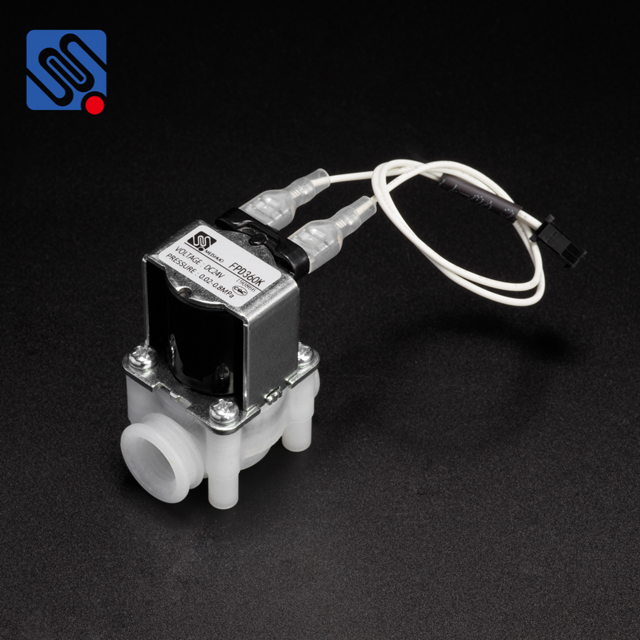In modern water treatment systems, precision and automation are essential for ensuring the quality and consistency of treated water. One critical component that plays a vital role in this process is the Water Treatment System Solenoid Valve. These valves are widely used in various water treatment applications due to their ability to control the flow of liquids and gases with high precision and minimal human intervention. This article explores the function, working principle, applications, and benefits of solenoid valves in water treatment systems.

What is a Water Treatment System Solenoid Valve? A solenoid valve is an electromechanical valve used for controlling the flow of liquids or gases. In the context of water treatment systems, solenoid valves regulate the movement of water or chemicals, allowing for precise control of processes like filtration, disinfection, and desalination. These valves operate through a solenoid, which is an electromagnetic coil that, when energized, produces a magnetic field to either open or close the valve, thereby controlling the flow of fluid. How Does a Water Treatment System Solenoid Valve Work?
Leave a Reply